Throat yeast

specialists

equipment

treatment

Mechanisms of infection by fungal throat infections
- Direct contact with an infected person - sharing common household items or personal interactions, such as handshakes, hugs
- Oral-genital contact - the presence of dental diseases, inflammation and microtrauma of the mucous membrane increases the risk of infection during kissing and intimacy
- Transmission from mother to child during childbirth
- There are also internal ways of spreading infection - activation and movement of fungi already in the body to the mucous membranes of the throat through the blood or lymph flow
Risk factors for developing fungal throat disease

Decreased immune defense plays a key role in the development of candidiasis. Many factors lead to weakened immunity:
- Chronic diseases
- Stress
- Improper nutrition
- Taking antibiotics, hormonal drugs
Stomatitis and caries create favorable conditions for the development and spread of laryngeal fungus. Risk factors also include chronic inflammatory processes in the nasopharynx, for example, chronic tonsillitis or sinusitis.
Symptoms of fungus in the throat
In adults
Fungal infection of the throat, regardless of its form (pharyngomycosis, tonsillitis, etc.), is manifested by the following symptoms:
- Painful sensations of varying degrees of intensity
- Increased pain when swallowing and talking
- Redness of the throat, indicating inflammation
- Increasing temperature to 37-38°C and above
- Itching and sore throat
- Dry cough
- Formation of a whitish, curdled coating on the tonsils and back of the throat
Sometimes patients experience ulcerative lesions on the mucous membrane with an unpleasant odor and changes in the voice, up to its complete loss. All clinical manifestations of pharyngomycosis depend on the activity and aggressiveness of the fungal infection of the tonsils.
In chilren
The clinical picture of fungus in the nasopharynx in a child depends on the stage and severity of the disease. The most common symptoms of pharyngomycosis in children are the following:
- Increase in body temperature - an increase to subfebrile (37-38°C) and febrile (>38°C) values may be observed
- Nasal congestion and runny nose - often accompanied by copious mucous discharge from the nasal passages
- Paroxysmal night cough - occurs due to mucus running down the back of the throat
- Impaired nasal breathing - the child wheezes or snores during sleep, which indicates obstructed air passage
- Sore throat, headaches in older children
- Nasus and slightly open mouth due to nasal congestion during a long course of the disease
In addition, breathing disorders cause oxygen starvation of the brain, which affects the general condition of the child and his ability to learn.
General information about the treatment of throat fungus
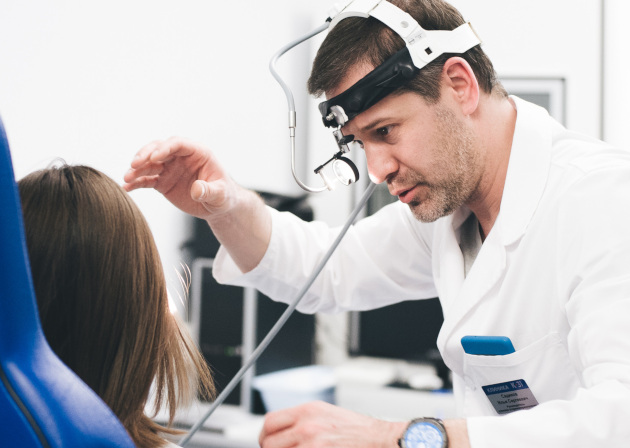
How is an appointment with an otolaryngologist at K+31?
Our doctors

This award is given to clinics with the highest ratings according to user ratings, a large number of requests from this site, and in the absence of critical violations.

This award is given to clinics with the highest ratings according to user ratings. It means that the place is known, loved, and definitely worth visiting.

The ProDoctors portal collected 500 thousand reviews, compiled a rating of doctors based on them and awarded the best. We are proud that our doctors are among those awarded.
Make an appointment at a convenient time on the nearest date
Price
Services

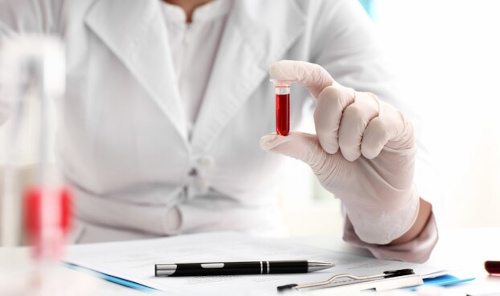


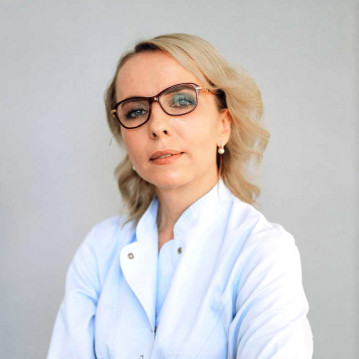
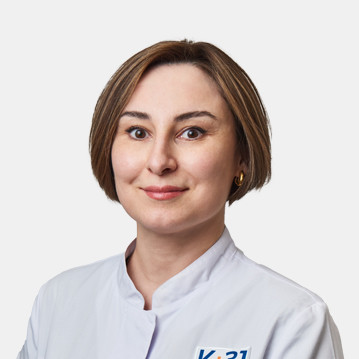
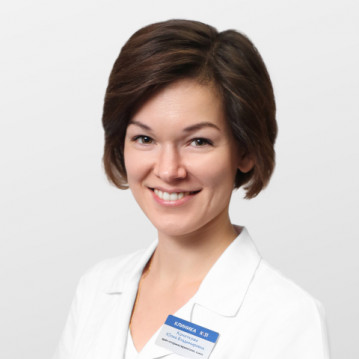

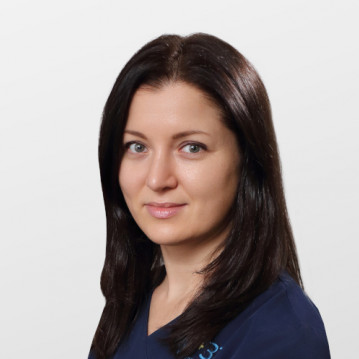
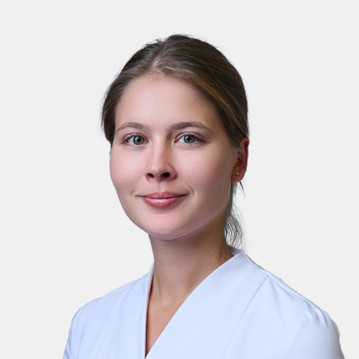
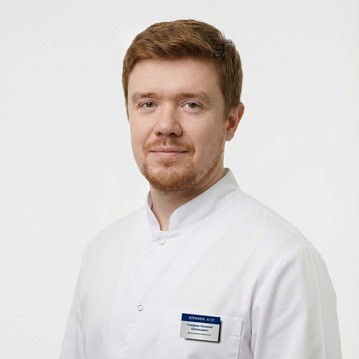
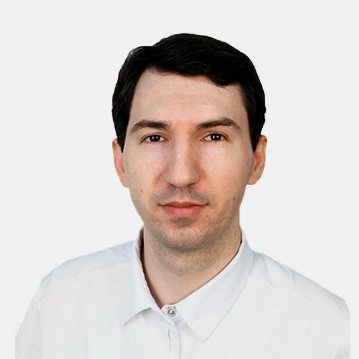
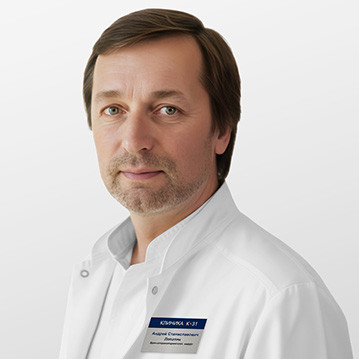
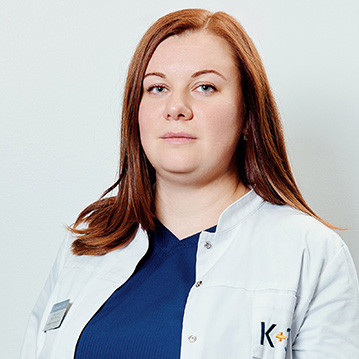
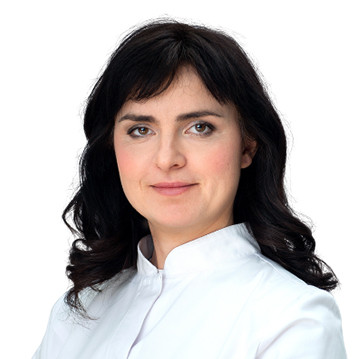
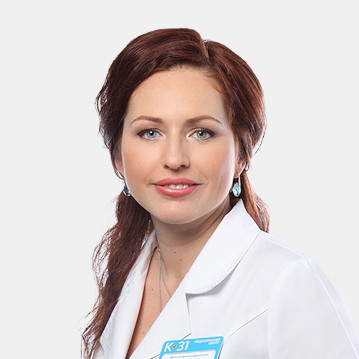
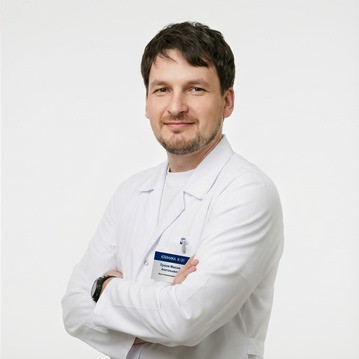
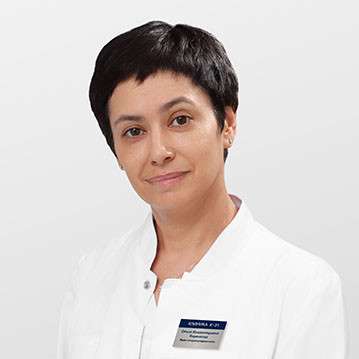
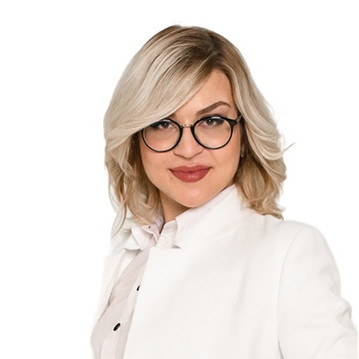
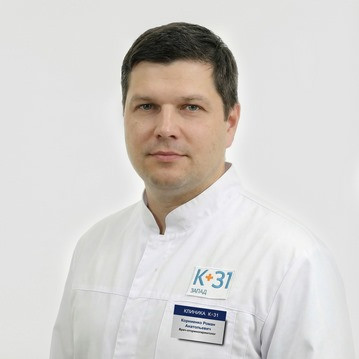
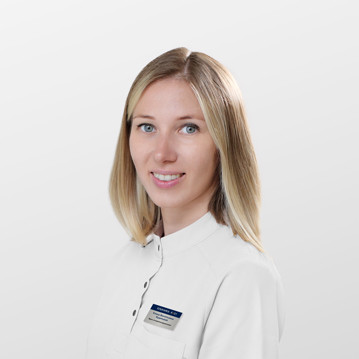
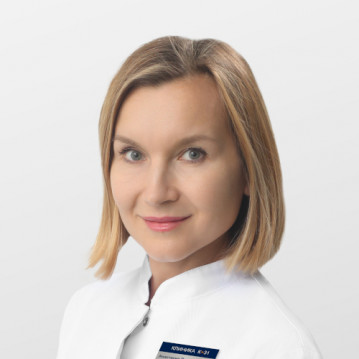
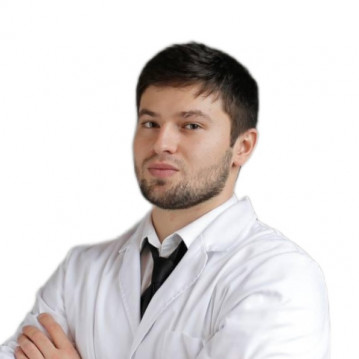

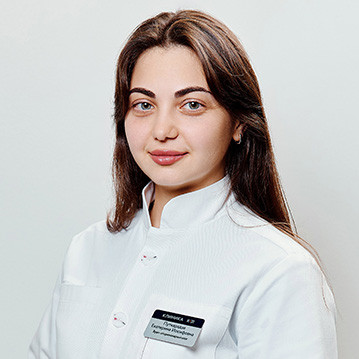
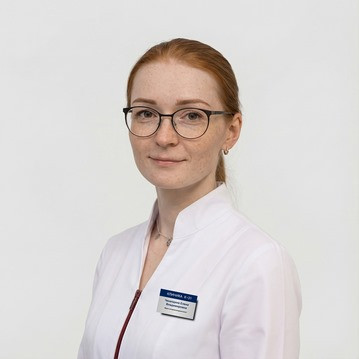
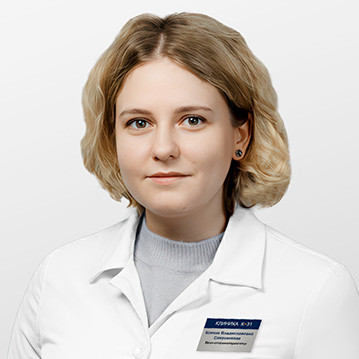
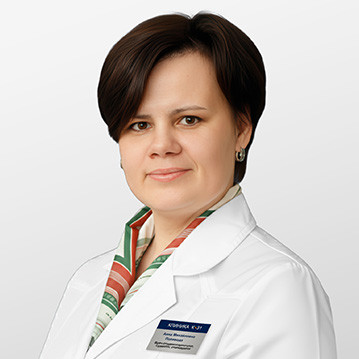
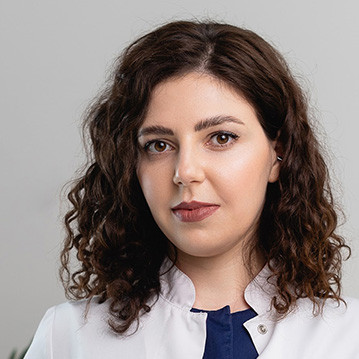
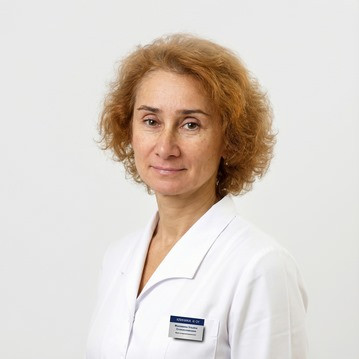







Fungal throat diseases
Consider the most common types of fungal throat diseases:
These diseases provoke a sore throat, difficulty swallowing, a feeling of dryness and soreness, as well as visually noticeable changes in the mucous membrane.